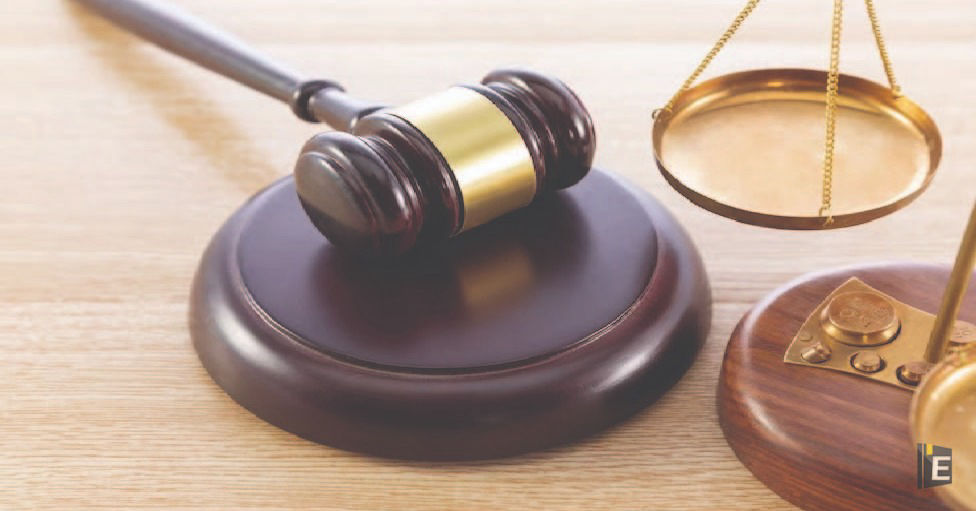Indian Polity GK Quiz with Answers

Welcome to our Indian Polity GK Quiz with Answers blog, your ultimate destination for testing and enhancing your knowledge about the intricate political framework of India. Dive into a captivating journey through the fundamentals of Indian polity, ranging from the Constitution to important amendments, historical events, and prominent political figures. Our carefully crafted Indian Polity GK Quiz with Answers quizzes challenge your understanding of the Indian political system and empower you with insights into the democratic processes that govern our nation. Whether you're a student preparing for exams or a curious citizen eager to learn, our quizzes cater to all levels of expertise.
Indian Polity GK Quiz
In this article Indian Polity GK Quiz with Answers, we are providing the latest and most important Indian Polity Questions related to parliament, fundamentals of Indian polity, ranging from the Constitution to important amendments, historical events, and prominent political figures for upcoming competitive exams.
Also, Read Latest Current Affairs Questions 2023: Current Affairs Today
"Stay ahead of the competition with our General Knowledge Mock Test and Current Affairs Mock Test!"
Indian Polity GK Quiz with Answers
Q : Who among the following is constitutionally empowered to make changes in the Scheduled Areas?
(A) Supreme Court
(B) High Court
(C) Prime Minister of India
(D) President of India
Correct Answer : D
Explanation :
The president is empowered to declare an area to be a scheduled area. 2. The President can increase or decrease its area, alter its boundary lines in consultation with the governor of the state concerned.
The following states were formed after 1960. What was the correct sequence of their formation?
1. Haryana
2. Sikkim
3. Nagaland
4. Meghalaya!
(A) 1,2,3,4
(B) 2,3,4,1
(C) 2,4,1,3
(D) 3,1,4,2
Correct Answer : D
Explanation :
In conclusion, the correct chronological order of the formation of the given states is Nagaland (1963), Haryana (1966), Meghalaya (1972), and Sikkim (1975).
Which of the following authorities is/are competent to issue writs regarding the enforcement of fundamental rights?
(A) President
(B) Supreme Court
(C) Supreme Court and High Court
(D) Parliament
Correct Answer : C
Explanation :
The Constitution empowers the Supreme Court and High Court with the duty to safeguard the Fundamental Rights of the citizens. The Supreme Court under Article 32 and the High Court under Article 226 of the Constitution can issue Writs for the protection of Fundamental Rights.
Article 75 of the Constitution of India, According to (c) the Council of Ministers is collectively responsible for which of the following?
(A) President
(B) Parliament
(C) Lok Sabha
(D) Rajya Sabha
Correct Answer : C
Explanation :
The ministers are collectively responsible to the Lok Sabha which implies that the Lok Sabha can remove the ministry from office by passing a vote of no confidence.
On whose recommendations were the Fundamental Duties included in the Indian Constitution?
(A) Santhanam Committee
(B) Swaran Singh Committee
(C) Shah Commission
(D) Administrative Reforms Commission
Correct Answer : B
Explanation :
Fundamental duties were recommended by Sardar Swarn Singh committee.
The Right to Information Act (RTI) was passed in:
(A) 2002
(B) 2004
(C) 2005
(D) 2008
Correct Answer : C
Explanation :
The Right to Information Act was passed in the year 2005. This law empowers Indian citizens to seek any accessible information from a Public Authority and makes the Government and its functionaries more accountable and responsible.
In which article of the Indian constitution the administrative relations of the centre-states are given?
(A) 256-263
(B) 250-280
(C) 352-356
(D) None of these
Correct Answer : A
Explanation :
The administrative relations between the Centre and the States are stated under Article 256 to Article 263 of the Constitution of India.
The Act was passed to consolidate the provisions of the preceding Government of India Acts ?
(A) Government of India Act, 1858
(B) Government of India Act, 1861
(C) Government of India Act, 1892
(D) Government of India Act, 1915
Correct Answer : D
Explanation :
An act of the Parliament of the United Kingdom consolidated prior Acts of Parliament concerning British India into a single act. It was passed in July 1915 and went into effect on 1 January 1916. An Act to consolidate enactments relating to the Government of India.
What permission does the “Vote on Account” give to the Union Government?
(A) Permission to take public debt
(B) Permission to take loan from RBI
(C) Permission to provide grants to the states
(D) Permission to withdraw money from the Consolidated Fund of India for a specified period
Correct Answer : D
Explanation :
A vote on account is the process by which an incumbent government obtains votes from Parliament to draw money from the Consolidated Fund of India to meet its expenses until the elections are done.
As per the Constitution, all the revenue received by the Union government and the loans raised by it is parked in the Consolidated Fund of India.
In the run-up to every general election, Parliament votes to sanction the withdrawal of money from this fund to meet regular government expenses such as payment of salaries and interest. Vote-on-account is a temporary measure, it does need the approval of Parliament and it is usually passed without much discussion.
It is usually valid for two months until the new government presents a full Budget. Ministries and departments can utilize the funds available for non-plan expenditure which includes payments of salary to government employees, loan interest payments, subsidies, and pension payments, based on the vote on account.
Before the independence of India, Dadra and Nagar Haveli were under the administrative control of?
(A) English
(B) French
(C) Portuguese
(D) Afgans
Correct Answer : C
Explanation :
Dadra and Nagar Haveli were small undefended Portuguese overseas territories, part of Portuguese India since 1779. The territories were enclaves, without any access to the sea, administered by the Portuguese Governor of the district of Damão.



